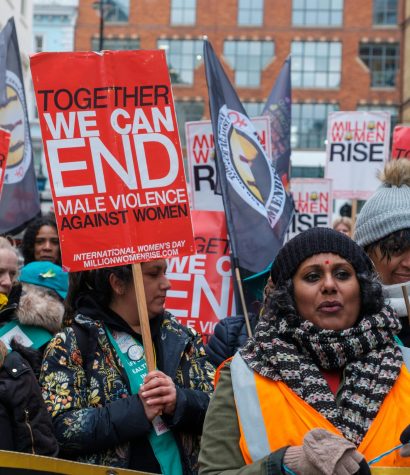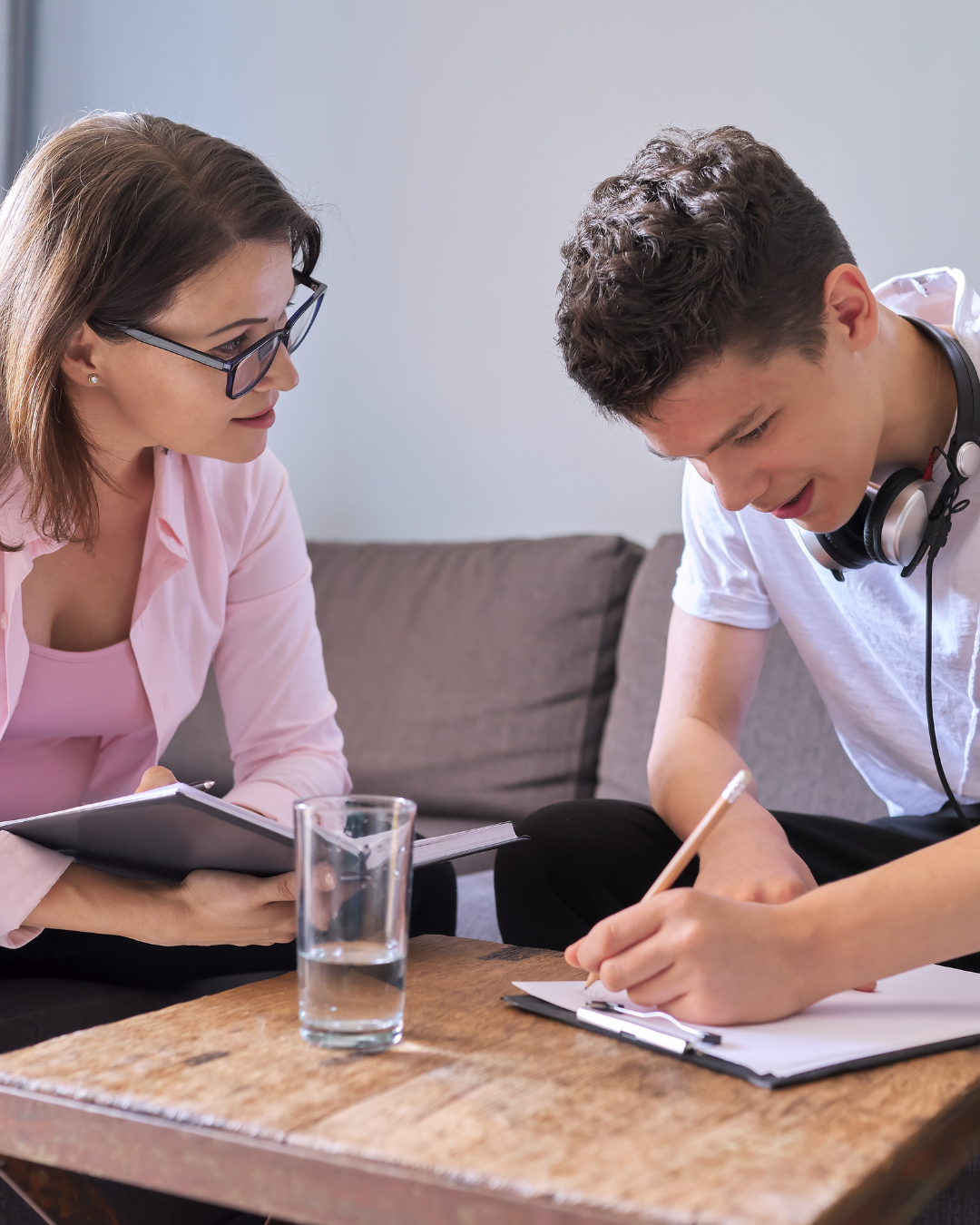Leaving an Abusive Relationship: A Compassionate Guide
Leaving an abusive relationship is one of the hardest things a person can do. Abuse is not just about physical harm—it can be emotional, psychological, financial, and even spiritual. Many people in abusive relationships struggle with self-doubt, fear, love for their partner, and practical concerns like housing and finances. If you are considering leaving an abusive relationship, know that you are not alone, and your feelings are valid. Healing is possible, and support is available. This post is here to act as information around abusive relationships, obtaining support for leaving an abusive relationship and to let you know that you are not alone.

Signs You May Be in an Abusive Relationship
Abuse can be subtle or overt. If you recognize any of the following patterns in your relationship, you may be experiencing abuse:
- Control and manipulation: Your partner tries to control what you do, who you see, or how you spend money. They may tell you what you can or cannot wear, what activities you can do, and where you can go. They may make all the decisions without considering your feelings.
- Verbal abuse and put-downs: They insult you, call you names, or make you feel worthless, often in private but sometimes in front of others.
- Isolation: They try to cut you off from family, friends, or support systems, making you feel like you have no one to turn to.
- Threats and intimidation: They may threaten to harm you, themselves, or others if you leave or don’t comply with their demands. Hurting someone or destroying something you love such as a valuable item or a pet is also abusive.
- Physical violence: Any form of physical harm, including hitting, pushing, choking, or restraining, is abuse. Throwing things at you or in front of you is also a form of violence.
- Financial control: They restrict your access to money, sabotage your job, say that you can’t work, or make you financially dependent on them in other ways.
- Blaming and gaslighting: They minimize their behaviour, tell you that you’re overreacting, or make you feel like the abuse is your fault. They may even tell you that you are “making them” do this because of your behaviours. They may deny past behaviours, call you crazy, or tell you that no one will believe you if you tell someone else about what happened.
If any of these resonate with you, it’s important to recognize that abuse is not your fault. You deserve safety, respect, and love.
Understanding the Prevalence of Abusive Relationships in Canada
Intimate partner violence (IPV) remains a significant concern in Canada:
- In 2022, there were 117,093 victims of police-reported intimate partner violence aged 12 years and older (Source).
- Family violence and intimate partner violence declined from 2009 to 2014, but both have since increased, nearly reaching 2009 levels.
- The rate of police-reported family violence is nearly twice as high for girls as for boys.
Frequently Asked Questions About Domestic Violence
Who experiences domestic violence?
Domestic violence can affect people of all genders, ages, sexual orientations, and socioeconomic backgrounds. While women, especially those in marginalized communities, experience higher rates of abuse, men and non-binary individuals can also be victims of intimate partner violence.
What if my partner hasn’t physically hurt me?
Abuse is not just physical. Emotional, psychological, financial, and verbal abuse can be just as damaging. If your partner controls, belittles, isolates, or manipulates you, it is still abuse.
Why do people stay in abusive relationships?
People stay for many reasons, including fear, financial dependence, love, hope that their partner will change, cultural or religious pressures, and concern for their children. Leaving is not simple, and survivors need support rather than judgment.
Can abusers change?
Some people who use abusive behaviour seek help and change, but this is rare without deep personal commitment and professional intervention. Change must come from them, and it is not your responsibility to fix them.
How can I help a friend or loved one in an abusive relationship?
Listen without judgment, offer emotional support, and provide resources. Let them know they are not alone, and encourage them to seek professional help when they are ready.

The Complexity of Leaving
Many people ask, “Why don’t they just leave?” The reality is that leaving an abusive relationship is incredibly complex. Survivors may face financial dependence, fear of retaliation, cultural or religious pressures, or deep emotional bonds with their abuser. There may be children involved, legal concerns, or even love that makes it hard to walk away.
If you are considering leaving, you may feel torn between fear and hope. You might still love your partner, remembering the good moments and wishing things could go back to how they used to be. You might feel guilty, as if leaving means abandoning them, especially if they’ve convinced you that they need you. You may be afraid of what comes next—where will you go? How will you survive? Will they come after you? These are all real, valid concerns.
Leaving is a process, not a single event. It’s okay to take time to prepare, to reach out for support, and to leave in the way that feels safest for you. There is no right or wrong way to leave—only what works for you in your situation. Even if you leave and return multiple times before leaving for good, you are still making progress toward reclaiming your life.
Steps to Consider When Leaving
- Build a support network: Reach out to trusted friends, family, or support organizations. You don’t have to do this alone.
- Create a safety plan: Think about where you would go, how you would leave, and what you need to take with you (documents, money, medications, etc.).
- Seek professional help: Domestic violence hotlines, shelters, therapists, and legal aid organizations can provide guidance and support.
- Secure important documents: Keep your ID, bank records, and any important legal paperwork in a safe place or with someone you trust.
- Trust yourself: You know your situation better than anyone else. Take the steps that make sense for you, in your own time.

Resources in British Columbia for Victims of Domestic Violence
If you or someone you know is seeking assistance in British Columbia, the following resources are available:
- Ishtar Society: Transitional housing, counselling, and supportive services. There are also support services for children and youth involved. Located in Langley.
- Sara:Transitional and Second Stage Housing for Women in Mission and Abbotsford. Sara also provides counselling support and other resources for women who have experienced or are fleeing domestic violence.
- Monarch Place: Transitional housing and support services in New Westminster for Domestic Violence Survivors.
- VictimLink BC: A toll-free, confidential, multilingual service available 24/7, providing information and support to victims of crime, including those experiencing family and sexual violence.
- BC Housing’s Women’s Transition Housing and Supports Program: Provides housing and support services to women and children fleeing violence. Click here for a list of the BC transition houses for women.
- Crime Victims Assistance Program: CVAP provides counselling for survivors of crimes in BC, included domestic violence. You do not need to make a police report to qualify. Please read more about CVAP counselling program here, and if you already qualify for counselling support you can reach out to our counsellors here for online CVAP counselling or in person Counselling in Vancouver
Finding Support
Leaving an abusive relationship is not just about escaping harm; it’s about reclaiming your life, your sense of self, and your freedom. It’s a journey toward healing, and while it may feel overwhelming, you are capable of moving forward.
If you or someone you know is in an abusive relationship, help is available. Reach out to a trusted person or a support organization. You are not alone, and you deserve safety, love, and respect.
If you need immediate support, consider calling a domestic violence hotline in your area or reaching out to one of our counsellors. Help is available, and there are people who care and want to support you. You do not need to leave your relationship in order to receive help and support.



